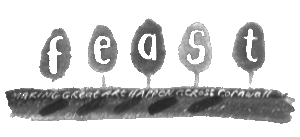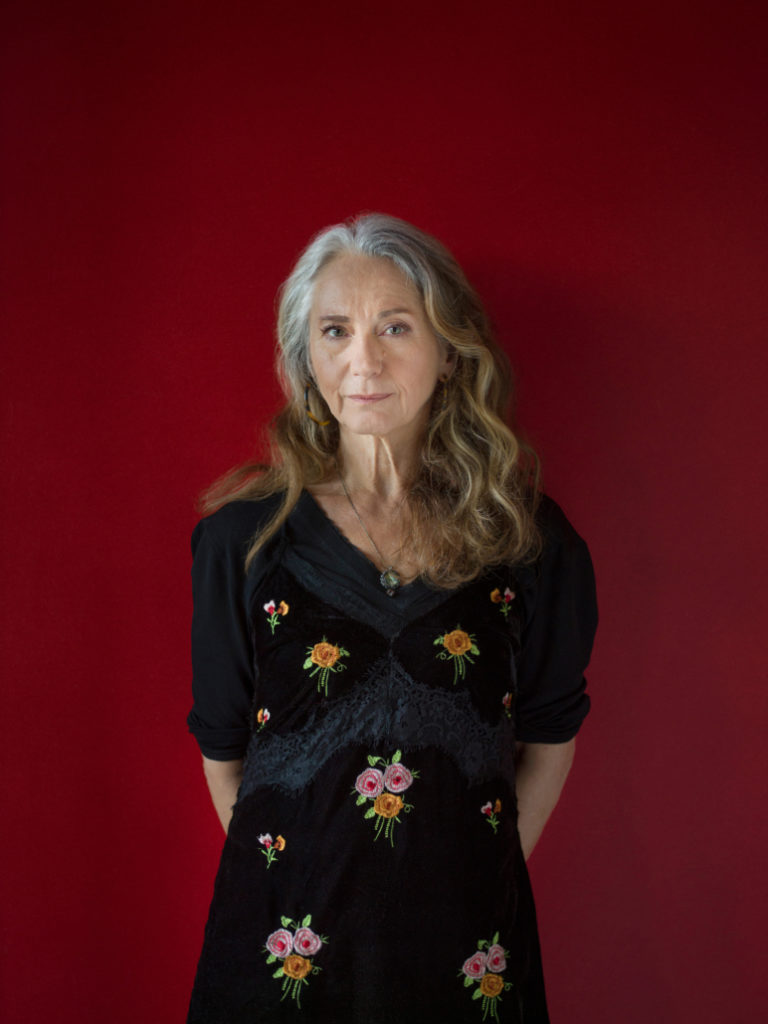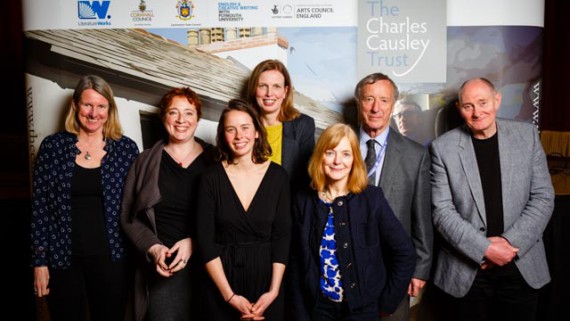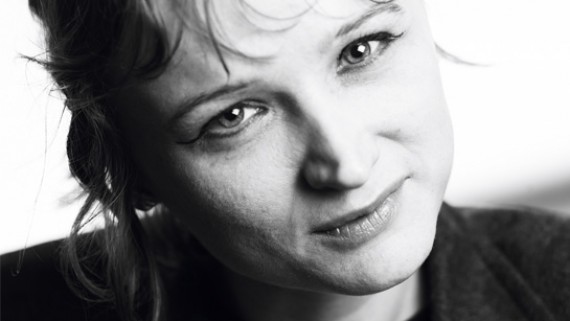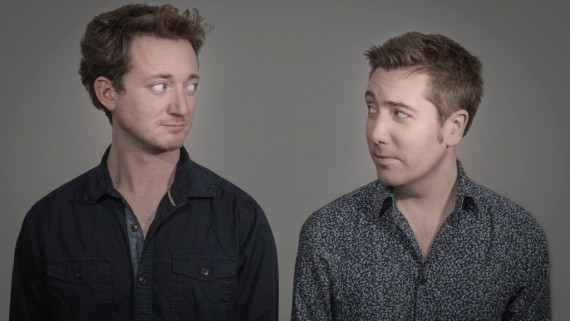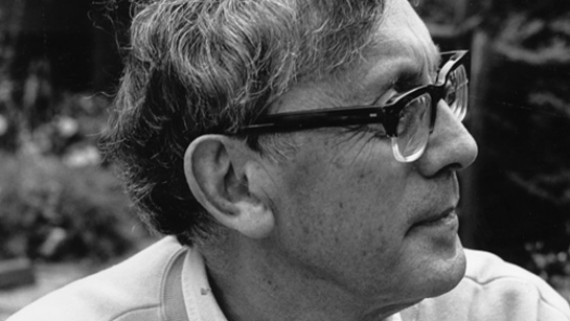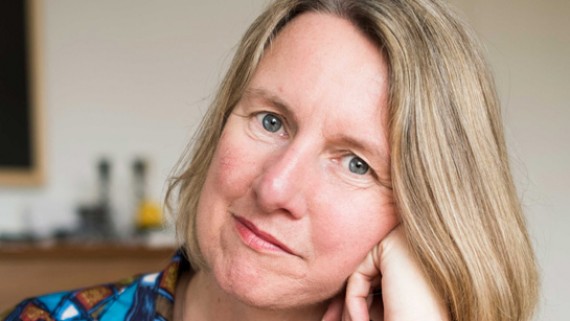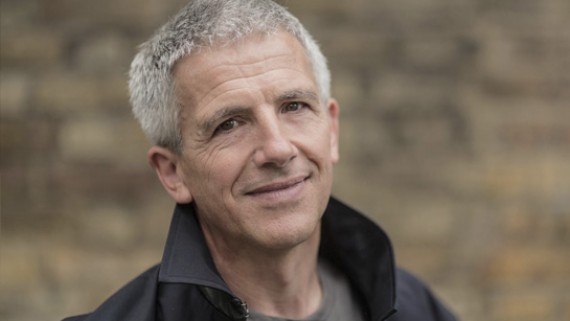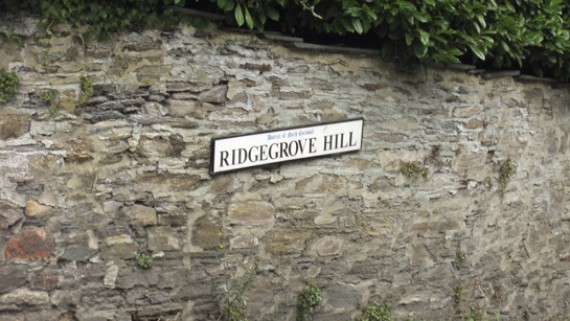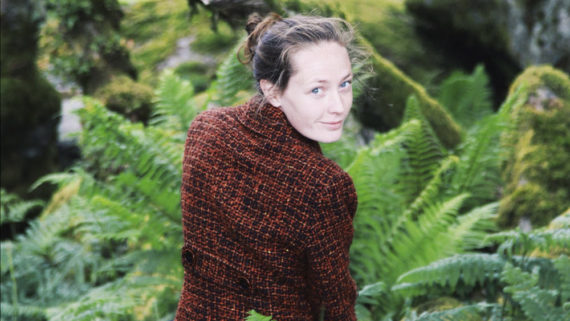Credit: Pal Hansen
Ahead of her North Cornwall Book Festival (NCBF) author tour on the 20th of May, Rachel Joyce gives us an insight into the inspiration for her latest novel, her writing process and what she is most looking forward to for her visit to Launceston.
Can you tell us a bit about the process of writing your latest book, Miss Benson’s Beetle? What was the inspiration for it? When did you start writing it?
It takes years for me to finish a book. And before I actually write it, there’s a long time where I am simply thinking about it. So the kernel of this story came to me about fifteen years ago.
I was listening to the early morning news on the radio when an interview began with a cryptozoologist. The poor man was being given a really hard time. (Cryptozoology is the search for animals whose existence has not yet been proved. The Loch Ness monster is a number one example. I didn’t know that and it turned out not many other people knew that either.) I immediately felt sympathy for this man who was being lampooned for the eccentric nature of his beliefs. From there, I began wondering how you might start looking for a creature that hasn’t yet been found. And the more I thought about it, the more I understood how courageous it was. As well as knowledge, you’re going to need imagination – to think beyond the confines of what you already know. You’re going to need a kind of faith too, even if it’s just the smallest flame; not to mention courage when the world laughs at you. And I realised that somewhere in all this, there was a story I wanted to discover.
I also knew I wanted to write a book about an inspirational female friendship. But in order to do that, I wanted to send my two women on the wildest adventure – the kind of adventure that traditionally belongs to men – and I wanted them to exist solely in relation to one another. I read the classic male adventure stories, the boys’ own stories. And then I asked myself, Right. How can I subvert this? How can I take it and use it for two women who’ve never even left their homes, let alone the UK?
What prompted you to set your novel in 1950? What about that era interested you?
The 50’s interested me because it was a time when, even though the war was over, people were living with its consequences. I don’t simply mean the devastating loss of people they loved, but also rationing, homelessness and the trauma. Many women had lost fathers in the First Word War, and brothers and lovers in the Second. My childhood and school years were filled with single women of a certain age who were leading pretty spartan and hidden lives, often ridiculed or undervalued. I wanted to shine a light on those women.
Your novel explores key themes of female friendship and what it means to be a woman. Can you tell us a bit about that?
Maureen and Enid are two women whose creativity – even if it’s looking for a beetle – have been thwarted by the patriarchy. They are two women who’ve been straitjacketed by the way they are perceived. In order to achieve their vocation, a word that comes up a lot in the book, they have to take responsibility for that. They have to commit to the unknown. And what moves me about the two women is that they do. Despite their pasts, despite all their differences, they commit to change. And, through their relationship with one another, they discover the dormant parts of themselves, and allow them to come to fruition. That moves me; in both women and men. It’s about courage again, but also a certain hunger for life.
It had also occurred to me a while ago that I hadn’t written a book with women at the centre. A book that was really about women in relationship with one another. And, as a woman myself, I couldn’t understand why I hadn’t done that. It was meant to be a quiet little book. That was what I told myself. What I hadn’t banked on is the energy that would happen when I put those women together. In the end, I found it an amazingly liberating book to write. Despite my intentions, it refused to be small. And I liked that about it. I still do.
What are you most looking forward to about your author tour event in Launceston, and the tour more generally?
Miss Benson’s Beetle was a ‘lockdown’ book. It came out in both hardback and paperback during one lockdown or another. While a part of me was glad because it is such an adventure story – so it seemed a good antidote to everything else that was happening – it meant I did no live events at all. And it’s only once that goes, that you realise how much the readers’ response to the book is a part of its process. It is through other’s experience of the book that it finally finds its own life, separate from mine.
I also have a personal connection (don’t we all?!) that means I love spending time in Cornwall. I am hatching a new book set there, so I can tell myself it’s research. Research is the writer’s perfect excuse for doing all the things you want to do.
Find out more about Rachel’s latest novel, Miss Benson’s Beetle, here. To book a ticket for her author tour in Launceston, see the NCBF website.








